In the context of the country entering a new stage of development - requiring institutional reform to be one step ahead, the National Assembly has done its role correctly and excellently: creating a legal foundation for comprehensive innovation, raising the nation's stature in the 21st century.
Not only did it complete an unprecedented amount of work in terms of quantity – with 34 laws and 14 resolutions passed, accounting for more than half of the total number of laws of the entire term – this session also marked a turning point in terms of quality: that is, a high level of political consensus for fundamental and breakthrough reforms. From institutionalizing major resolutions of the Party to amending the Constitution and laws on state apparatus organization, the National Assembly is pioneering an institutional revolution, paving the way for a new era of development for the country.
General Secretary To Lam, President Luong Cuong, Prime Minister Pham Minh Chinh , Standing member of the Secretariat Tran Cam Tu and National Assembly deputies attended the closing session of the 9th session of the 15th National Assembly on the morning of June 27.
Institutionalizing 4 pillar resolutions
In terms of strategic vision, the National Assembly is not simply a legislative body, but a center for institutionalizing the Party's guidelines and creating laws for development. The 9th session vividly demonstrated this role by mobilizing all legislative power to concretize the four pillar resolutions of the Politburo - the fundamental orientations for the next era of development of the country.
Resolution 57 on science, technology, innovation and digital transformation - reflected in laws on atomic energy, high technology, data infrastructure and promoting AI application, creating a legal corridor for the knowledge economy to break through.
Resolution 66 sets out the requirement for comprehensive innovation in law-making and enforcement - from legislative thinking to implementation processes and mechanisms. The National Assembly has demonstrated that spirit by passing many laws with improved quality, increased transparency, feasibility and adaptation to new realities.
Resolution 67 on comprehensive, deep and effective international integration - has been institutionalized by the National Assembly through many decisions of strategic significance. Among them, the most prominent is the adoption of the resolution on the policy of establishing an international financial center in Vietnam. This is a breakthrough step, clearly demonstrating the proactive integration mindset - not only participating in the global economic system, but also making efforts to position Vietnam as an important link in the regional financial network.
Resolution 68 affirms the driving role of the private economy – which has been realized through a series of preferential policies, removing legal barriers, and especially the decision to establish the International Financial Center as mentioned above to create a favorable environment for the private sector to reach out globally.
Notably, also at the session, the National Assembly passed Resolution No. 198/2025/QH15 on a number of special mechanisms and policies for private economic development and Resolution No. 197/2025/QH15 on a number of special mechanisms and policies to create breakthroughs in law making and enforcement.
The synchronous and comprehensive institutionalization of these resolutions not only demonstrates the responsible and intellectual companionship of the National Assembly with the Party and
The Government, which also demonstrates an enhanced legislative capacity, is capable of meeting the development requirements of a country entering a period of acceleration.
National Assembly Chairman Tran Thanh Man speaks at the closing session of the 9th session of the 15th National Assembly on the morning of June 27.
One of the biggest highlights of this session is that the National Assembly has officially laid the first brick for the revolution of streamlining the state apparatus - not only by words, but by constitutional action.
With almost absolute consensus, the National Assembly passed the amendment to the Constitution and the Law on Organization of Local Government, officially converting the government organization model from three levels to two levels: provincial and communal levels. This is an unprecedented decision, a breakthrough in both organizational thinking and state operation methods.
The abolition of the intermediate level of government (district) is not simply a streamlining of the apparatus, but a restructuring of power towards being closer to the people and serving the people more effectively. The two-tier model helps reduce the intermediary level, increase the speed of policy response, save resources and increase the responsibility of the direct administrative level.
Along with reforming the government organization model, the National Assembly also passed a series of key laws on the organization of the People's Court, the People's Procuracy, and the litigation system - aiming to modernize and enhance the effectiveness of the judiciary, contributing to building an honest, professional, and service-oriented state apparatus.
Not only amending the law, the National Assembly also established a new mechanism - flexible and timely - to handle conflicts, overlaps, and legal problems, through Resolution 206 on a special mechanism to handle difficulties and problems caused by legal regulations. This is a clear manifestation of the spirit
Action: dare to face reality, dare to correct mistakes and dare to pave the way for change.
All of these decisions are not just technical reforms – but fundamental reforms, aiming to create a streamlined, effective and dynamic state model – capable of accompanying the country on the new development path.
The resolutions that paved the way
Many resolutions passed by the Session have strategic significance, paving the way for infrastructure development, regional development and market development in a modern direction:
Key public investment projects such as the Quy Nhon – Pleiku, Bien Hoa – Vung Tau expressways, and Ho Chi Minh City Ring Road 4 were approved by the National Assembly at an unprecedented speed - demonstrating the determination to unleash development momentum.
The revised Railway Law creates a new legal corridor for attracting private investment in key transport infrastructure, opening up prospects for the revival of the national railway transport system.
These decisions show that the National Assembly is not just a “legal gatekeeper”, but is truly an opener to the future – where development initiatives are institutionalized, and where breakthroughs are prepared with a solid legal foundation.
Strategic financial decisions
Many resolutions passed by the Session have strategic significance, paving the way for infrastructure development, regional development and market development in a modern direction.
Sustainable development cannot rely solely on infrastructure or organizational reform, but also requires a healthy public finance system and an effective tax system. At this session, the National Assembly clearly demonstrated its role as an “institutional conductor” in establishing smart fiscal tools.
serve a dual purpose: stimulating growth and regulating rational consumption.
One of the far-reaching decisions is the extension of the 8% VAT reduction policy until the end of 2026. This is a clear message about the effort to recover and support production and consumption after a difficult period, while also adding vitality to the business community and people.
At the same time, the National Assembly also raised the special consumption tax on alcoholic beverages and soft drinks – not only to increase budget revenue, but also to regulate consumer behavior, protect public health and orient sustainable development. The tax increase according to the roadmap – to 70% in 2027 and 90% in 2031 – demonstrates strategic and long-term fiscal thinking.
Notably, the National Assembly approved the 2023 state budget settlement - a necessary step to strengthen budget discipline and clarify the efficiency of public resource use. At the same time, as mentioned above, with Resolution 206, the National Assembly established a special mechanism to handle legal problems and conflicts of law - an institutional lever to help clear bottlenecks that are hindering the implementation of financial and investment policies.
All these decisions demonstrate a National Assembly that not only reacts to situations, but also forecasts and leads trends, creating a stable, dynamic and future-oriented national financial system.
In the strong flow of institutional innovation, the National Assembly not only focuses on immediate tasks, but also demonstrates long-term vision and strategic initiative when deciding that the election date for the 16th National Assembly and People's Councils at all levels for the 2026-2031 term will take place on March 15, 2026, earlier than the normal cycle.
This is not just a technical adjustment, but an administrative step - helping to synchronize the organizational cycle of the apparatus according to the two-tier government model that has just been approved. The shortening of the term of the 15th term also demonstrates the spirit of dedication to the common good, for the long-term future of national governance.
At the same time, the National Assembly established the National Election Council, promptly starting the preparation process for the next power transfer - ensuring continuity, inheritance and institutional stability. In the context of major reforms being implemented synchronously, good preparation for the new election cycle is not only a constitutional responsibility, but also a key factor to maintain trust and smooth operation of the political - administrative system in the transition period.
The 9th session of the 15th National Assembly has ended, but its echoes will continue to resonate for a long time in the country's development process. This is not only a session with the largest workload ever, but also a historic session - where bold reformist thinking has been transformed into concrete legislative actions, where the Party's great ideas have been institutionalized into the country's legal framework.
History will record that at this turning point, the National Assembly is truly acting in the national interest, for the prosperity of the people and for a strong Vietnam in the 21st century.
Dr. Nguyen Si Dung
Source: https://baochinhphu.vn/ky-hop-lich-su-quoc-hoi-dong-hanh-kien-tao-tuong-lai-102250628152726396.htm


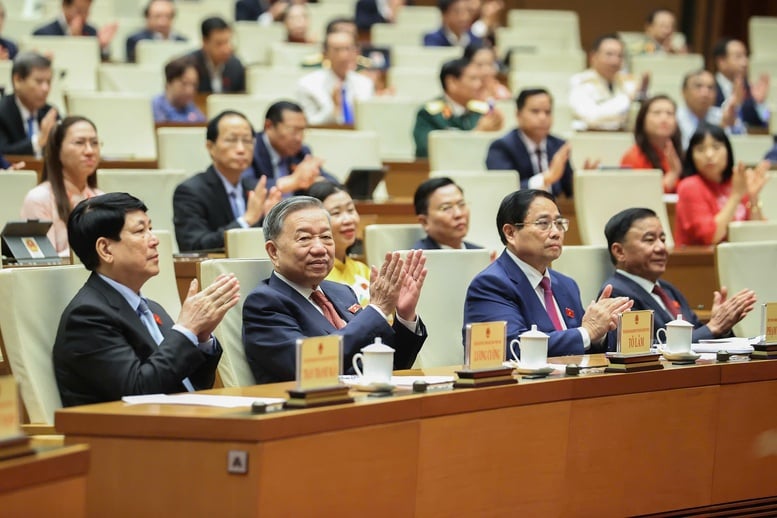
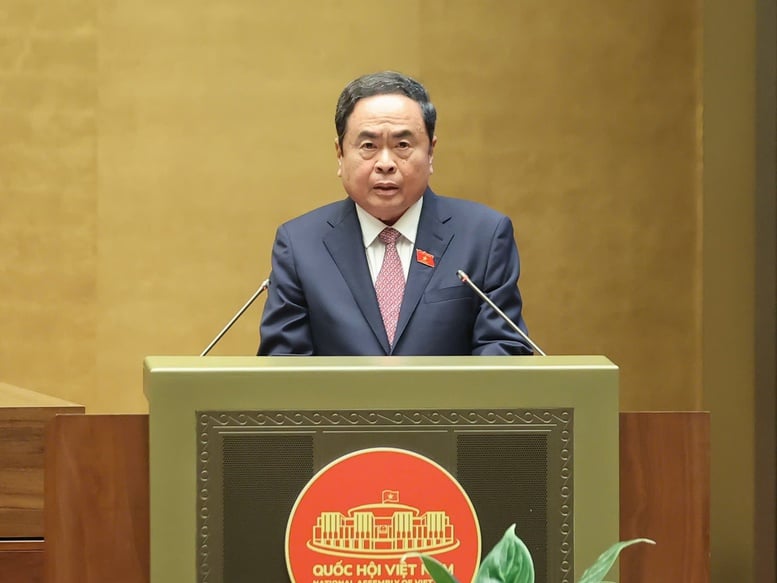
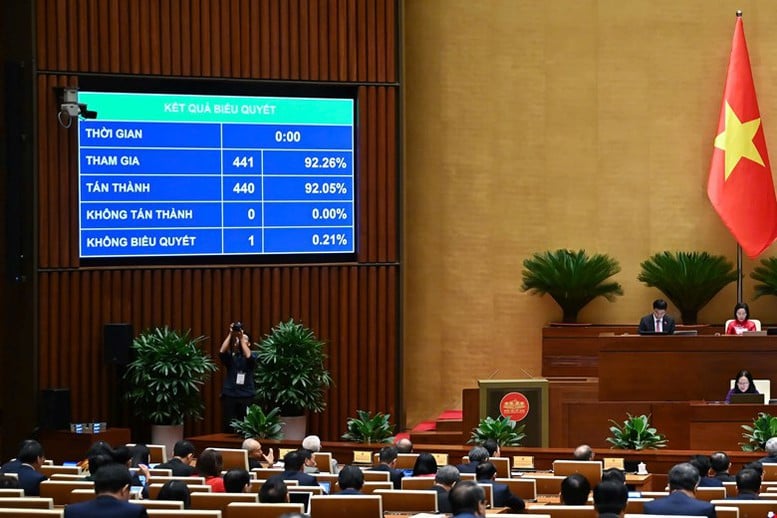
![[Photo] Unique art of painting Tuong masks](https://vphoto.vietnam.vn/thumb/1200x675/vietnam/resource/IMAGE/2025/11/14/1763094089301_ndo_br_1-jpg.webp)

![[Photo] Unique architecture of the deepest metro station in France](https://vphoto.vietnam.vn/thumb/1200x675/vietnam/resource/IMAGE/2025/11/14/1763107592365_ga-sau-nhat-nuoc-phap-duy-1-6403-jpg.webp)





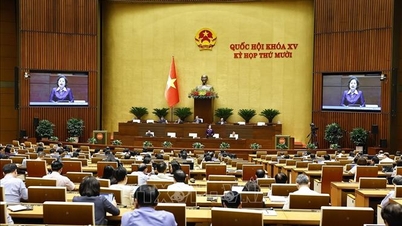

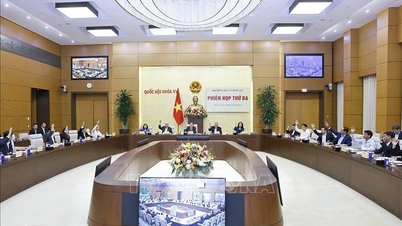
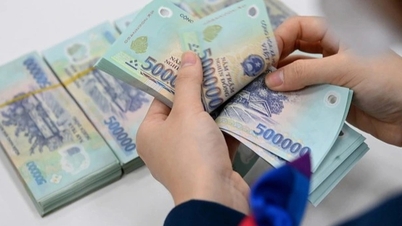

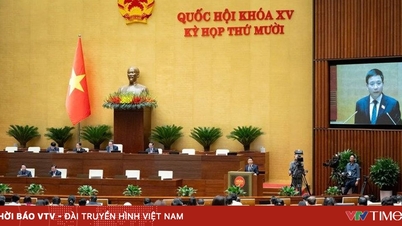


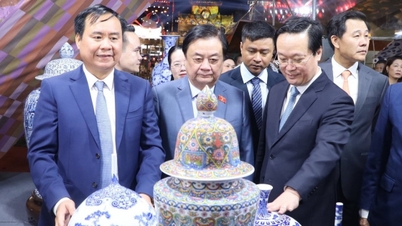


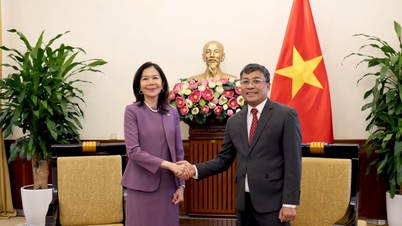

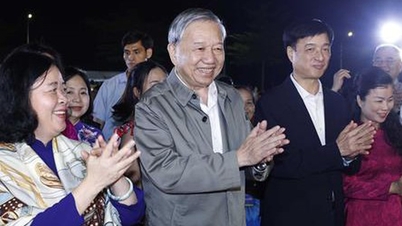

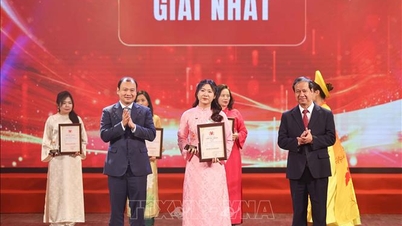





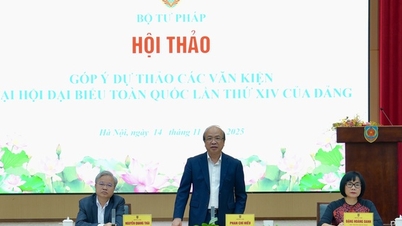

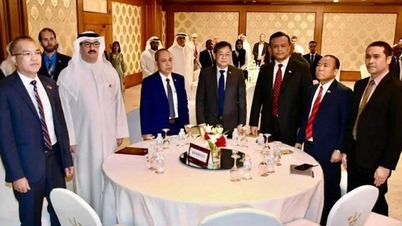

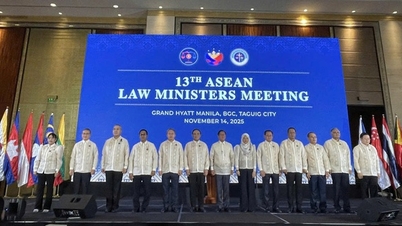

![[Photo] Special class in Tra Linh](https://vphoto.vietnam.vn/thumb/1200x675/vietnam/resource/IMAGE/2025/11/14/1763078485441_ndo_br_lop-hoc-7-jpg.webp)









































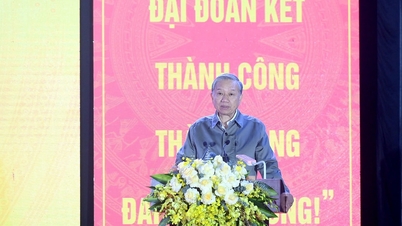




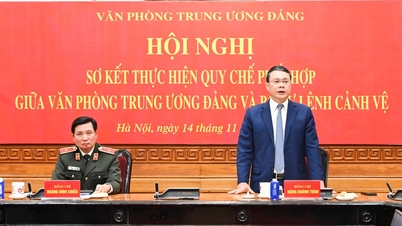




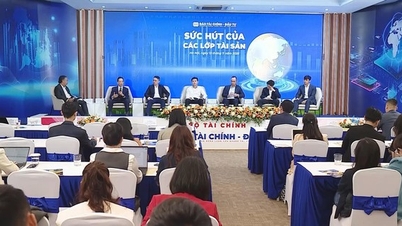



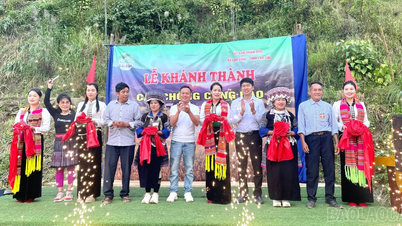

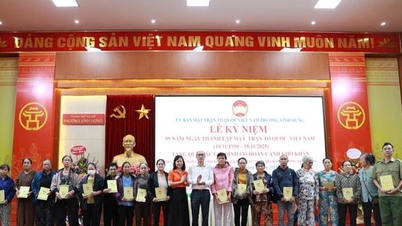












Comment (0)